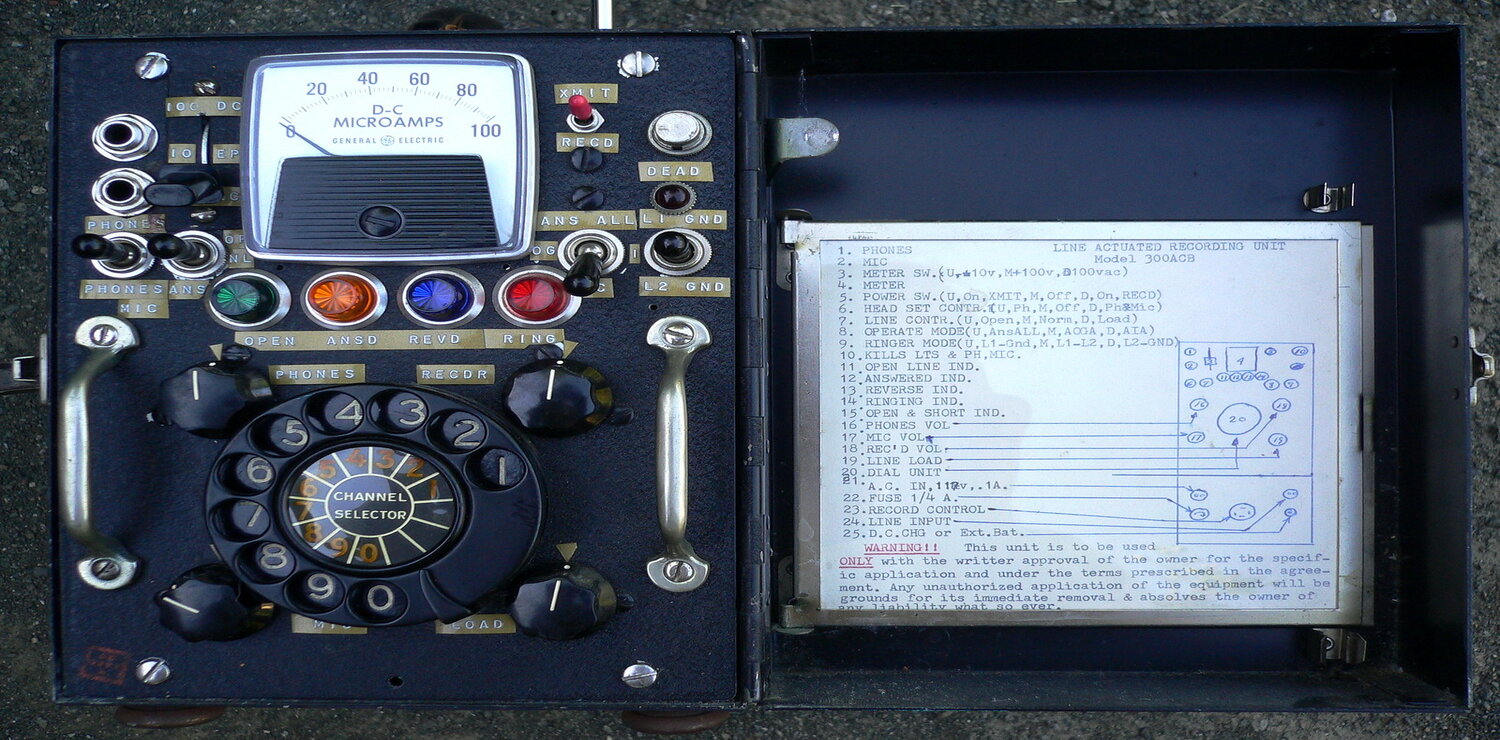Authors

Rreze Hoxha Zhuja
rule of lawIn July 2021, Kosovo’s RoL sector was once again hit by a Wiretaps Scandal. The first hit was received in 2016 when wiretaps were published exposing nepotism as the main way of employment in high government positions. And the second one was received last month when a local news portal published several audio recordings where high level state officials incriminate themselves and discuss their plans on how to exert undue influence. A judge is heard discussing how he will help someone through its connections to the Chief State Prosecutor while he admits to have helped the same person on another occasion. A prosecutor is heard promising to help someone, after being informed that that person has evidence against her. And, the head of the Financial Intelligence Unit is heard discussing his plans to control the media for his own personal interests and how he will be in charge on deciding matters by blackmailing other officials. Hence, the novelty of the 2021 wiretaps was media capture as means to corrupt and exert undue influence on high state officials. Although not the first time, these wiretaps clearly damaged the already low trust and integrity of the judiciary and media as well, portraying them as epicenters of corruption.
Lessons learned from the ‘Pronto Case’
As mentioned above, on early August 2016, a local news portal published several audio recordings manifesting how nepotism is the main way of employment in high government positions – it came to be known by the public opinion as the ‘Pronto Case’. The published conversations involved the Prime Minister of Kosovo at that time and the head of PDK, the leading political party in power.
Pressured by the huge public fuss, irritation and animosity, an indictment was filed against several former MPs, ministers and other state officials for abuse of official positions by having attempted to establish privileges for certain people on the basis of their close personal relationship and political affiliation. The indictment was also filed for discriminating against and denying others, through their incriminating actions described in the indictment, the positions specified in the open vacancies. Nonetheless, Prime Minister and Head of PDK where nowhere to be found either as defendants, nor witnesses on the filed indictment.
Although procedural steps were taken by the Special Prosecution, the overall criminal procedure was considered as a failure according to a Justice Today report. Besides not involving everyone implicated in the wiretaps, the indictment was filed for a far less serious crime than the damage allegedly committed by all defendants and no witnesses were proposed to shed light on the criminal case as a whole. On the other hand, the court violated several procedural steps which contributed to prolonging the case. Ultimately, the case has been subject to the ‘ping-pong’ game between regular courts in the country for several years, only for the Supreme Court to re-order that the case be returned for a retrial by the Court of Appeals in May 2021. So far, no decision has been re-taken by the court and the case will be subject to statutory limitations by the end of 2021. Hence, one can clearly say that no justice will be served in this case. And overall, the handling of the ‘Pronto Case’ gives a clear picture of the defective judicial system in Kosovo and the critical need for change.
Citizens perception on the RoL Sector
Subject to a weak judiciary, Kosovo’s RoL institutions have continuously been perceived as corrupted, politically influenced and not effective by the citizens. According to RoLPIK, the performance index of the rule of law institutions in Kosovo which is a monitoring mechanism designed to assess the performance of institutions, with a particular focus on the justice system in Kosovo, the public perception on the influence of people with political positions in RoL institutions increases every year. Around 70% of the respondents believe that people with political influence are less likely to be punished by law, and around 33% of them believe that courts are mostly influenced by politics. Moreover, the citizens’ perceptions regarding the efficiency of the courts and prosecution in fighting corruption are at the end of one’s rope. Only 4.8% of the respondents believe that prosecution is effective and only 7.2% believe that courts manage to fight corruption. The citizens’ overall satisfaction regarding the efficiency of these institutions has decreased among the years whereas a decrease from 0.16% has been observed in the satisfaction of the citizens in the judiciary compared to 2019. On another note, a Justice Today report on monitoring the judicial and prosecutorial system in Kosovo focusing specifically on all corruption, organized crime and high profile/landmark court cases, has found worrisome the large number of acquittals concerning the criminal offense ‘Abuse of Official position and authority’ by the Basic Courts in Kosovo. Among 131 judgments, 78 of them were convictions, 42 of them were acquittals and 11 were dismissals. This was considered to be a result of the failure of the prosecution on defending these charges filed with the courts and a failure of the courts on ensuring that all procedural steps are taken in order to avoid the “ping-pong” game of the courts and the statute of limitations of cases.
Getting back to the issue at hand, the second wiretaps scandal involving judges and prosecutors will not contribute in increasing the citizen’s trust on the judiciary. Quite contrary, even lower results are expected to be found on the RoLPIK for 2021. If the prosecutions do not take the necessary procedural steps to shed light on these developments and if the courts continue with the old way, instead of making progress, these institutions will mark regress in fighting corruption.
Should we expect more from the justice institutions?
Kosovo’s political scene has been very fluid these past years. In comparison to 2016 where PDK was the leading party, in 2021 LVV managed to take more than 50% of the votes and formed the Kurti II Government. The Minister of Justice has initiated the working group for the design of the vetting process for judges and prosecutors, as means to address corruption, lack of professionalism and willingness in the judiciary. How successful this initiative will be, it’s left to be seen in the upcoming months when the design of the vetting process is decided.
On the other hand, the institutional reactions regarding the wiretaps so far has been the initiation of a disciplinary procedure against one of the prosecutors part of one of the wiretaps, the dismissal of the head of the Financial Intelligence Unit and the resignation of a judge from the Kosovo Judicial Council. No concrete actions to enlighten the situation have been seen so far. Will Kosovo’s justice system mark progress on its fight against corruption? Will this be a turning point, or should we be expecting a third season of wiretaps scandals? Also, as in the “Pronto case”, will we again face acquittals and the intentional passing of legal deadlines? Or, will the protagonists face justice this time? The latter is left to be seen in the upcoming months. If the sector itself will not successfully achieve its main goal, the burden of ensuring integrity, impartiality and efficiency is left with the government. All in all, a thorough vetting reform is the only hope left to start winning battles against the so far lost fight against corruption.
Share article
Related Espresso Insights
March 4, 2024
Espresso.Insights
Passport Hangover: What’s next after Spain’s Kosovo breakthrough?

January 16, 2023
Espresso.Insights
Recognized but not supported: Hungary's stance on Kosovo's EU bid

Latest Publications
April 24, 2024
Policy Analysis
Tracking Kosovo's Commitment: Monitoring Adherence to the Venice Commission Rule of Law Checklist in ...
April 8, 2024
Policy Analysis
Reflecting on the Third Year of Kurti II: Setbacks and Achievements in Rule of Law, Public Administr ...
March 22, 2024
Policy Analysis






